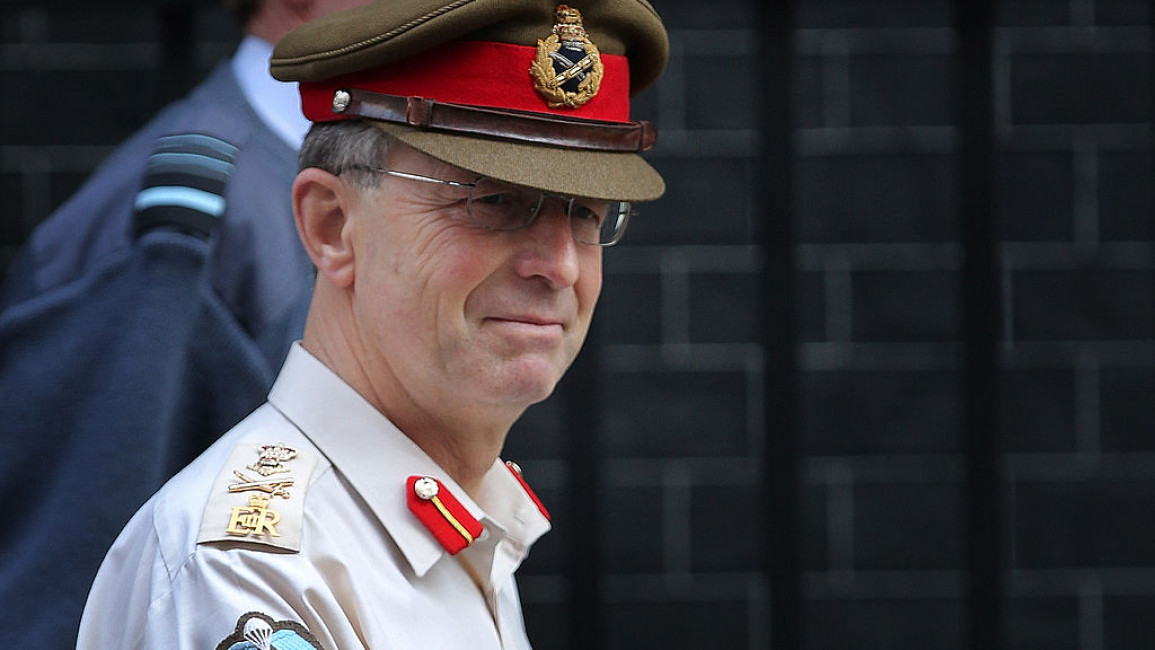Former UK defence chief urges the West to 'recognise' the Taliban
The former head of the UK's armed forces has called on Western states to formally recognise the Taliban in Afghanistan.
General Sir David Richards, the UK Chief of Defence Staff from 2010 to 2013, said it was time to accept that the war in Afghanistan had been lost and work with the UK’s longtime enemies, according to a BBC report on Monday.
No country has yet recognised the Afghan administration, which seized power in August following a lightning offensive bolstered by the withdrawal of US and NATO troops.
"I think the West is going to end up recognising the Taliban government. If that's the case, then we better get on with it sooner rather than later," said Richards in a BBC Radio 4 broadcast.
"There's a great phrase: be magnanimous in victory. I think this is the occasion for us to be magnanimous in defeat," the former defence chief added.
Afghanistan faces one of the world's humanitarian crises with around half of the population suffering from acute hunger, according to the UN.
Calls for the West to recognise the insurgents, and in the process unlock frozen foreign assets, have crescendoed as the scale and severity of suffering among Afghans deepens.
The Taliban's Foreign Minister Amir Khan Muttaqi said last week that his administration had "come closer" to their "goal" of recognition.
He said this was "our right, the right of Afghans" but there is still strong opposition in the West towards the Taliban's recognition.
Organisations such as the US Institute of Peace argued that giving the insurgents legitimacy will diminish the ability of the US and other countries to press for human rights protections and girls' education.


![President Pezeshkian has denounced Israel's attacks on Lebanon [Getty]](/sites/default/files/styles/image_684x385/public/2173482924.jpeg?h=a5f2f23a&itok=q3evVtko)



 Follow the Middle East's top stories in English at The New Arab on Google News
Follow the Middle East's top stories in English at The New Arab on Google News


